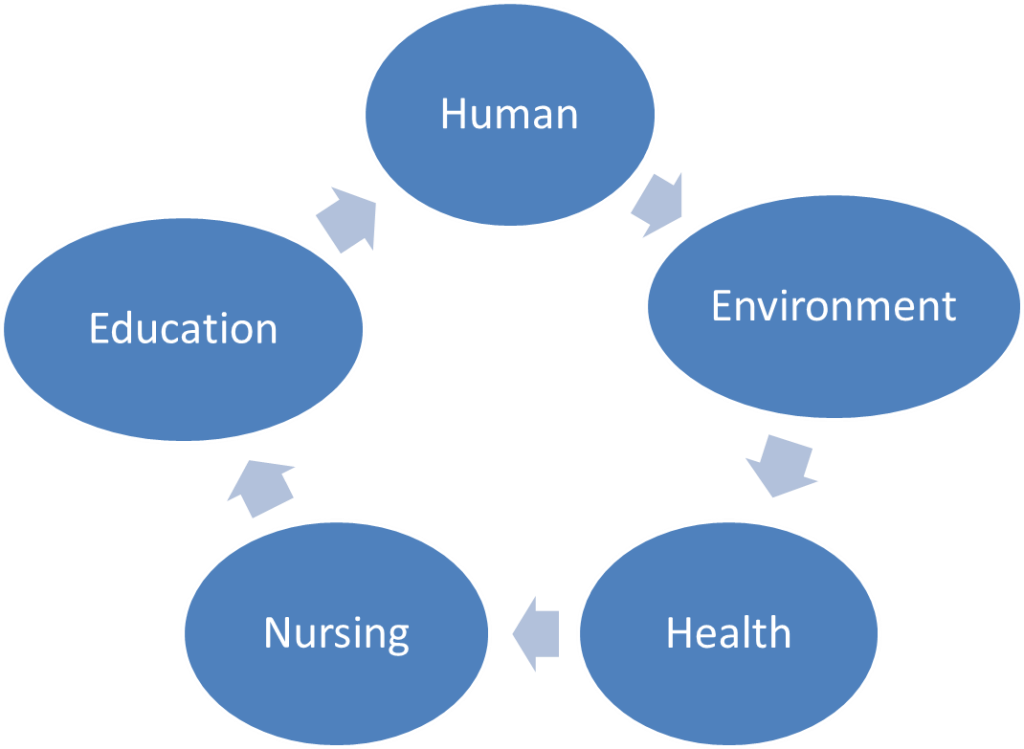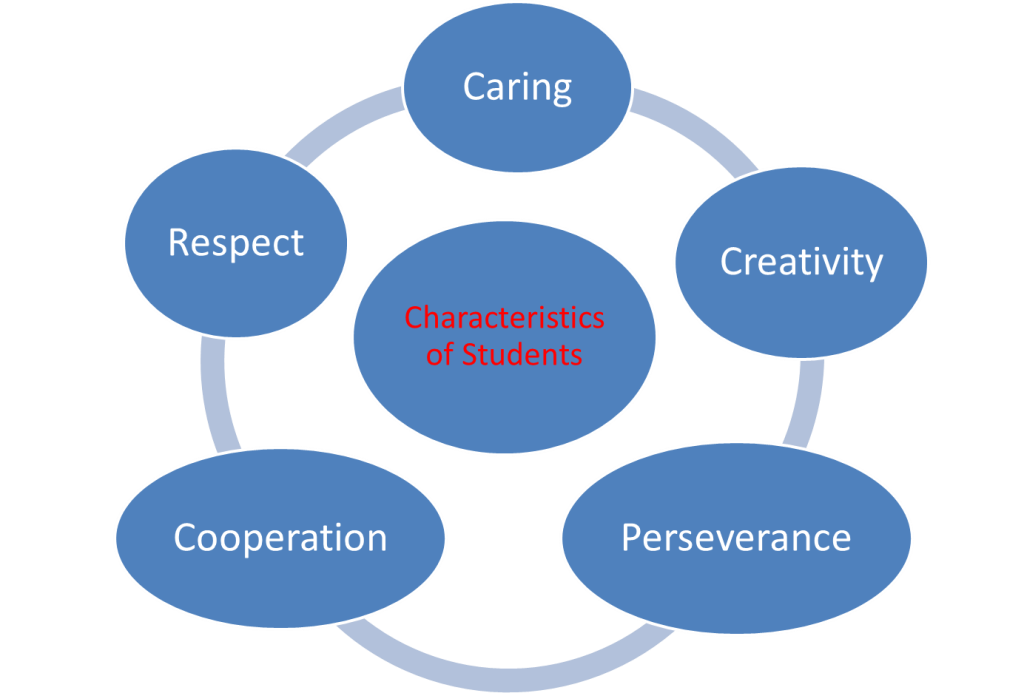Educational Objectives
Purpose of Education
The Chang Jung Christian University was established to reaffirm the love and salvation of Jesus Christ with the mission to nurture devout, diligent, honorable, and humble service in students. It is dedicated to supporting the country, contributing to society, and serving all people.
The Nursing Department was founded in accord with the mission of the Chang Jung Christian University to provide holistic education guided by the spirit of Christian philanthropy.
The Nursing Department is committed to cultivating the qualities of care, respect, cooperation, perseverance, and creativity in the undergraduate and graduate students by nurturing faculty-student relationships and providing a quality learning environment. Graduates of the Department of Nursing will become competent professionals in the field of nursing and help advance nursing practice.
Educational Philosophy
This Christian university abides by the lessons of Jesus Christ: righteousness, fraternity, salvation, and love, advocating a democratic and liberal style of learning, encouraging creative thinking, and broadening personal experience to international horizons. The philosophy of education is pastoral, holistic, and sustainable. It is dedicated to continued learning, improving the mind, body, and spirit, and affirming the dignity and value of life. In accord with the Biblical shepherd who is unwilling to lose even one sheep, educators must value every student. The following philosophy of education encompasses both the educational aims of the university and the Department of Nursing.
Person: A person is an open system that interacts with the environment in which he or she lives. Through the development process, the person navigates environmental resources and obstacles in search of the optimal physical, mental, spiritual, and societal state, as defined by the individual.
Environment: The environment includes both internal and external environments. The internal environment consists of the physical, mental, and spiritual state of the individual. The external environment consists of the systems that exist outside the individual. Interactions between the internal and external environment can help or hinder the individual’s development.
Health: Health is a physical, psychological, social, and spiritual state of well-being and can be measured empirically by medical and nursing data or perceived by the individual.
Nursing: Nursing is a helping profession that strives to understand the health care needs of individuals, families, and communities, seeks relevant resources, and applies multiple strategies to promote their health.
Education: Education is a process of inspiring learning potential through systematic instruction and meaningful interactions between students and teachers to promoting a higher quality of nursing care and nursing professionalism.

Bachelor’s Program Objectives
The program focuses on the core values of nursing. Undergraduate nursing students (bachelor’s degree of nursing) should be able:
- To apply basic biomedical science, general clinical nursing knowledge and skills, and related nursing theories to provide clients (individuals, families, groups, and communities) with holistic care.
- To demonstrate professional ethics in the nursing care process.
- To care for and respect the dignity and value of life.
- To adhere to the core values of nursing and to take responsibility and be accountable for the client’s welfare.
- To participate in, communicate with, and cooperate with various medical teams and to establish partnerships with other health care professionals.
- To use critical and creative thinking in nursing practice and to apply the results of evidence-based research toward improving nursing care.
- To demonstrate ongoing lifelong learning and professional development and to further the development of the nursing profession in consideration of trends in health care and national health policies.
Master’s Program Objectives
The program focuses on advanced care nursing.
Master’s nursing students should be able:
- To explore, analyze, critique and integrate nursing theories and other science-related knowledge.
- To apply evidence-based nursing and medical knowledge to improve health care quality.
- To lead members of the nursing team to communicate and coordinate effectively with other members of the medical team.
- To respect cultural diversity, to protect the value of life, to demonstrate ethics in nursing practice, and to become a model for other nurses.
- To initiate and coordinate a research team with other health care members to solve clinical problems.
- To observe and reflect on the formulation and implementation of health policies.
- To educate the client (patients, families, and communities) and other nurses, providing information and advice and engaging in the problem solving process in order to improve health care quality.

